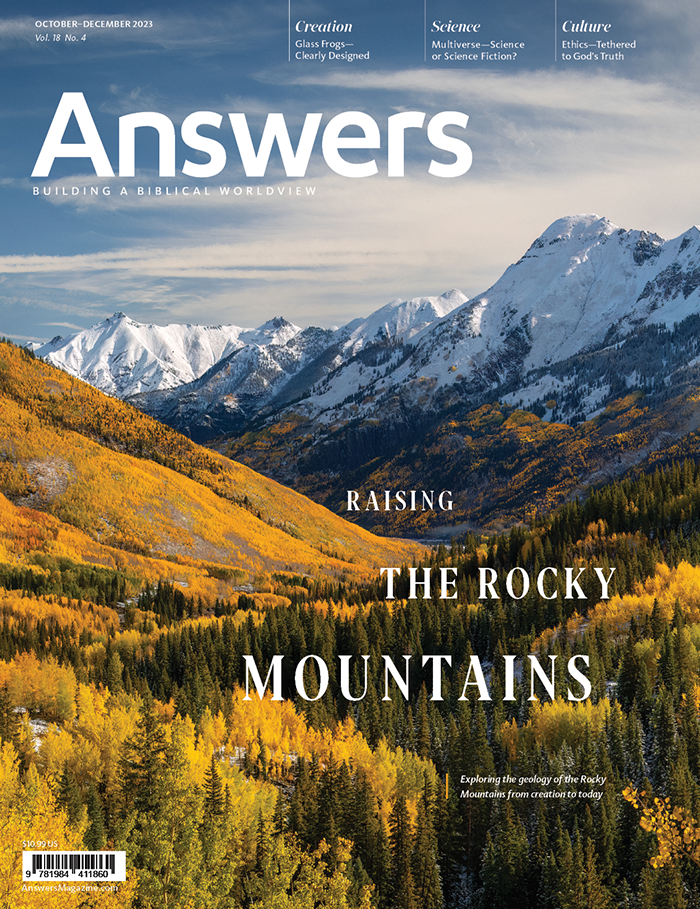Jesus, Friend of . . . Anti-Social Goblins?
Culture News
In a 2021 American Perspectives study, 12% of people reported not having a single close friend. Another study, conducted by Cigna (a healthcare and insurance company), reported that 61% of US adults feel lonely. Alongside these bleak reports, the US surgeon general recently declared a national epidemic of loneliness. The implications of loneliness are serious. Research reveals that loneliness increases the risk of heart disease, dementia, stroke, anxiety, and other health issues.
Meanwhile, according to a 2022 report in Crime Science, UK police reports of antisocial behavior increased over 50% in 2020 and 2021, during the years of COVID-19 lockdowns and isolation. Around us every day, bumper stickers, T-shirts, and memes all proclaim antisocial messages such as “I just met you, and I already don’t like you,” and “It’s a beautiful day to leave me alone.” Could we be perpetuating our own loneliness?
Some scientists blame supposed cultural evolution (sharing information such as social norms and language) for this antisocial behavior. In a New Scientist column, author Jonathan Goodman suggests that since cultural norms are maintained through regular social interaction, the pandemic isolation brought on a “reverse cultural evolutionary process.” Goodman says, “We are social animals . . . and depriving us of socialising [sic] releases a culturally primitive, largely antisocial goblin.”
But far from something that evolved, our need for social interaction existed at our creation. Though Adam enjoyed an unhindered relationship with his Creator, God observed, “It is not good that the man should be alone
” (Genesis 2:18). And it’s not good for us either. However, after eating the forbidden fruit, Adam and Eve blamed each other—the first interpersonal conflict. Because of our sinful nature, we are deeply self-protective and focused on our own comfort.
But Scripture frequently mentions the benefits of companions, saying that “two are better than one” (Ecclesiastes 4:9). Jesus even called his followers “friends” and told us we could know those who are his genuine followers by their love for one another.
Relationships are often difficult and hurtful but also rewarding and necessary. Instead of waiting for others to befriend us, we can reach out to build rich communities where we show grace, encourage one another in Christ, hold one another accountable, and share biblical love in an increasingly isolated culture. Best of all, we can point others to the friend of sinners, Jesus Christ. Though other relationships may disappoint, he is a friend who stays closer than a brother (Proverbs 18:24).
Answers Magazine
October–December 2023
The Rocky Mountains are a majestic reminder of God’s past judgment and future promise.
Browse IssueRecommended Resources

Answers in Genesis is an apologetics ministry, dedicated to helping Christians defend their faith and proclaim the good news of Jesus Christ.
- Customer Service 800.778.3390
- Available Monday–Friday | 9 AM–5 PM ET
- © 2026 Answers in Genesis





